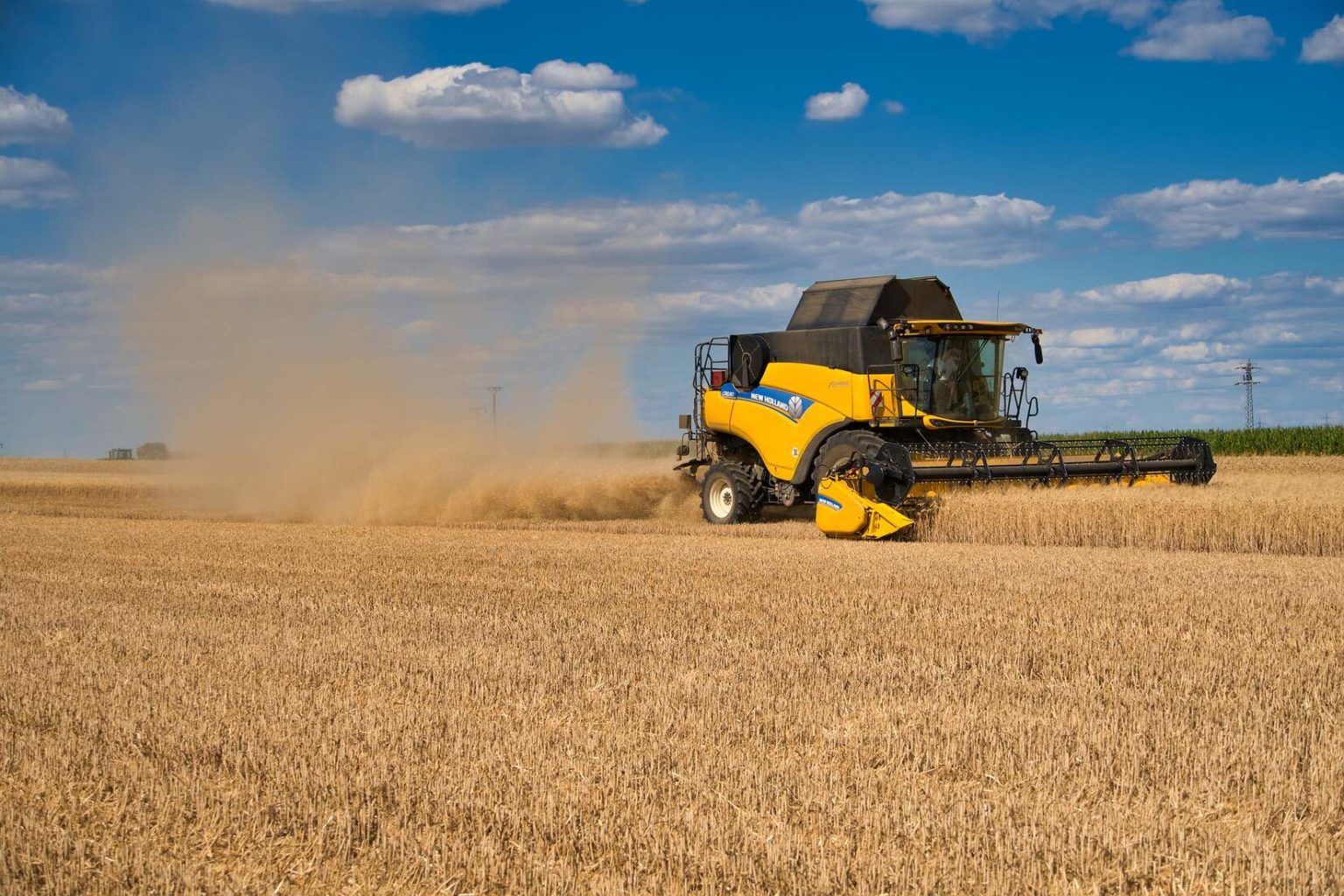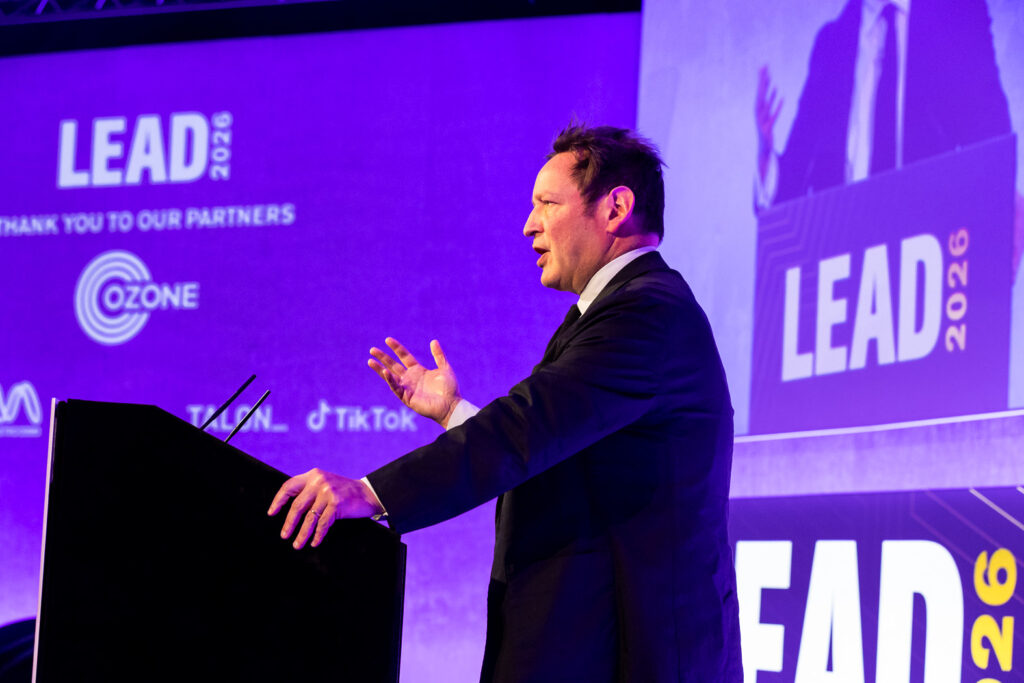“Hands off our sausages.”
A war on bacon has been waged, apparently. According to The Sun, the nation’s bangers are at risk from a “barmy” meat tax. “Tax raid on your lifestyle!” warned The Mail. Farmers’ livelihoods are in peril, said The Telegraph.
But it appears to be a phony war, promoted by those with a vested interest in maintaining the food industry’s high-carbon status-quo, many of which have long histories of attacking climate policies.
False accusations
The source of the outrage was a Whitehall memo leaked to The Times, revealing that Downing Street and the Treasury had asked all departments to submit plans for a carbon-pricing scheme across all areas of the economy. According to the report, the memo suggested these could include a direct “carbon tax”.
This is very different from the government proposing a “meat tax”, as the agribusiness lobby suggested. In fact, Number 10 sources have now toldThe Sun that a direct tax on meat isn’t part of the plans to tax big polluters.
Like what you’re reading? Support DeSmog by becoming a patron today!
Critiques of badly designed carbon taxes are certainly legitimate, but that doesn’t mean the mechanism should be entirely written off before the government has even worked out what kind of tax it might want to implement.
Voices as diverse as the Zero Carbon Campaign and the right-leaning Centre for Policy Studies (which has previously published reports questioning the veracity of mainstream climate science) have all suggested a well-designed carbon tax is crucial to the government meeting its climate commitments.
Expanded carbon pricing has long been mooted as a way for the UK to achieve net zero emissions by 2050, with plans for a UK emissions trading scheme proposed in the White Energy Paper in December.
Currently only heavy industry, airlines and power generators are subject to additional costs for their planet-warming emissions, and experts have long argued for more widespread taxation. Taxing domestic gas heating and certain foods have emerged as possible policies for the UK to cut its harmful greenhouse gases and level the playing field to boost cleaner alternatives.
And Intergovernmental Panel on Climate Change scientists are clear that the world is going to have to do something to cut the huge emissions associated with humans’ land use, including tackling the food system’s biggest polluters, if temperature rises are going to be kept within the internationally agreed 1.5C threshold.
Read more – Investigation: The Problem with Big Oil’s ‘Forest Fever’
Opportunistic lobbying
In this case, the political sensitivity around the price of the great British banger was weaponised by those with vested interests in maintaining the high-carbon status quo. For once, this wasn’t the fossil fuel lobby, but those that represent and support big agribusinesses.
The National Farmers’ Union (NFU) was quick out of the blocks to make the case for the agribusiness lobby. Deputy President Stuart Roberts (once again) claimed in The Telegraph that “British farmers produce some of the most sustainable meat and dairy products in the world” and shouldn’t be punished. The National Beef Association and National Pork Association were also quoted in the Daily Mail as complaining about a “bias” against meat in climate conversations.
The agribusiness lobby was backed up by anti-regulation allies, including the TaxPayers’ Alliance (TPA), whose Chief Executive told The Sun: “New eco taxes would leave slim pickings for struggling families, who rely on cheap energy and food to heat their homes and put dinner on the table.”
For more information on industry lobbying, check out DeSmog’s Agribusiness Database
But the NFU has previously been criticised by campaigners for being tone-deaf to the fact eating less meat needs to be part of the climate conversation, omitting it from its own climate strategy.
And The TPA has form when it comes to challenging the UK’s climate policies. It is based out of offices at 55 Tufton Street, which it shares with the UK’s principal climate science denial campaign group, the Global Warming Policy Foundation (GWPF), and has supported the abolition of the Climate Change Levy, which incentivises businesses to improve energy efficiency and reduce emissions, and Air Passenger Duty, the UK‘s only tax on air travel.
With the NFU, the TPA also backed the Agriculture and Horticulture Development Board’s controversial “Eat Balanced” campaign, which campaigners have called a “big lie”.
Carbon pricing is set to be a central theme of the annual UN climate talks, being hosted by the UK government in Glasgow later this year. Having already failed to prevent the UK’s first coal mine in 30 years progressing, the UK government’s status as a climate leader is already looking tenuous at best. Abandoning sensible discussions of a multi-sector carbon tax altogether in the face of opportunistic lobbying from vested interests would further give the impression Boris Johnson is not willing to back up his positive rhetoric with real action.
Main image credit: Pixabay
Subscribe to our newsletter
Stay up to date with DeSmog news and alerts






